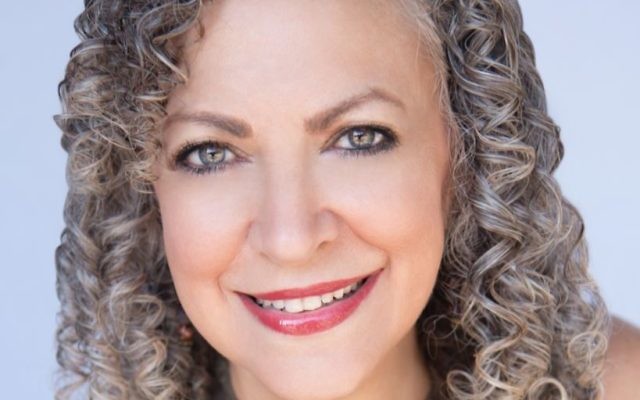Sorry/Not Sorry?
Terry Segal is a licensed marriage and family therapist who writes a regular column for the AJT.
Why is it so hard for some people to say, “I’m sorry”? There are two camps, those who apologize easily, perhaps too often, and those who rarely, if ever, say they’re sorry. Which are you? I’m in the first group. I have no problem admitting that I’m an imperfect being and am truly sorry if I say or do anything that hurts someone’s feelings. In fact, for the past several years I’ve worked on not over-apologizing. I used to believe that if a problem existed and I hadn’t caused it, that I should apologize if I hadn’t also provided a solution.
I have a dear friend who used to over-apologize too. Neither of us realized it until her husband teased us, saying, “Hey, are you guys going to have your first conversation in which neither of you apologizes for anything?” We simultaneously raised our eyebrows and were silent. “What? Do we do that?” We asked in unison.
After a long discussion, we came to the conclusion that we love each other so much that we’d never want to hurt the other. By tip-toeing and over-apologizing, though, we weren’t giving each other credit for inner strength, ability to communicate our feelings, and trust that we could disagree and still be loved. I remember an apology-filled conversation about changing our year-round gift-giving tradition to exclusively birthdays.
Shame often keeps people from being apologetic. History may have created a belief that if they don’t give up self to go along with another, then they’re selfish or bad.
During the Ten Days of Repentance, we concern ourselves with forgiveness of others, receiving it from them, and ultimately, from Hashem. But it isn’t enough to just ask for forgiveness, we must also take an action to change ourselves so that next year we aren’t asking for forgiveness for the very same thing.
This year, especially, I’m guilty of that with forgiveness of the self, which is the most challeng-ing for me. I have compassion for others and understand that stress, mood, history, habits, illness, or pain can negatively influence behaviors. I’m grateful when someone acknowledges that they’ve spoken harshly to me, disregarded my time, or have been out of integrity with their word. It takes courage to share that.
While I’m quick to forgive others, I’m hard on myself. Every year I vow that I’ll say, “No,” more than I say, “Yes,” and yet it doesn’t seem to happen. I beg forgiveness from my inner child, for putting the wants, not always needs, of others first, and shoving my own aspirations aside. This requires me to scramble. I am sorry, so I ask G-d to forgive me for repeating mistakes around self-expectations and help me choose differently in the coming year.




comments